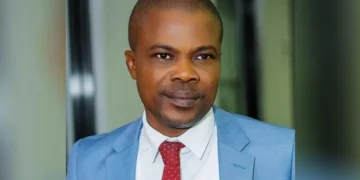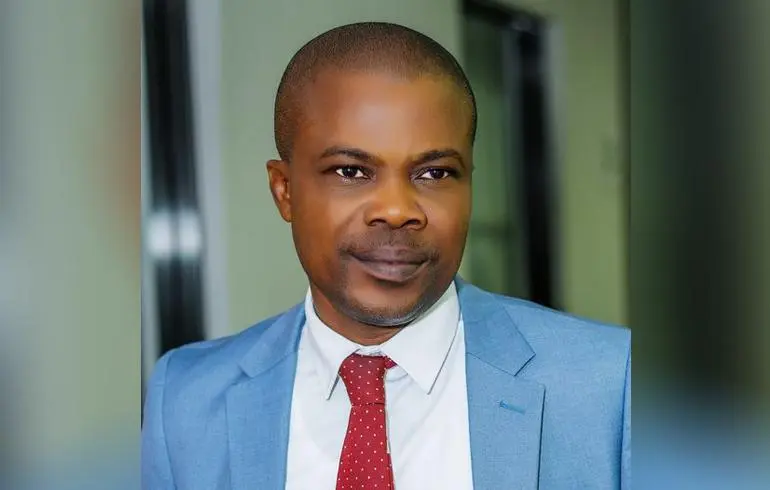Security consultant Richard Kumadoe has raised serious concerns about the persistent instability in Bawku, blaming political interference and inconsistent law enforcement for the region’s fragile peace.
Speaking in an interview, on Happy 98.9FM’s Epa Hoa Daben show, Kumadoe explained that peace efforts in Bawku are often short-lived because of a cyclical pattern of action and inaction by security forces. According to him, when security presence is intense, criminals retreat. But once the police ease off, these groups return and reassert dominance in the community.
“Controlling public space in Bawku is a power struggle between the criminals and the police. Whoever has the upper hand dominates”, he said.
Kumadoe argued that the situation is further complicated by political actors who, through words or actions, inflame tensions often creating serious consequences. These actions, he added, destabilizes peace efforts and also weaken law enforcement. He cited instances where suspected criminals in Bawku are arrested, only for their cases to be politicized or dismissed in court. He emphasized the need to keep political interests away from peace-building processes in Bawku if there is any hope of sustainable stability. “Politicians have been accused and described as a threat to national security, actions of politicians have the ability to destabilise the state to create inconvenience and discomfort for everybody”
Kumadoe urged authorities not to rationalize inaction or allow impunity to fester.
He stated that deploying security forces to deal with chieftaincy conflicts such as the long-standing tensions in Bawku is not a sustainable solution, emphasizing the need for traditional mechanisms to address such disputes.
His remarks come at a time when the Bawku conflict continues to threaten lives and displace communities, with repeated cycles of violence despite multiple security deployments.




















